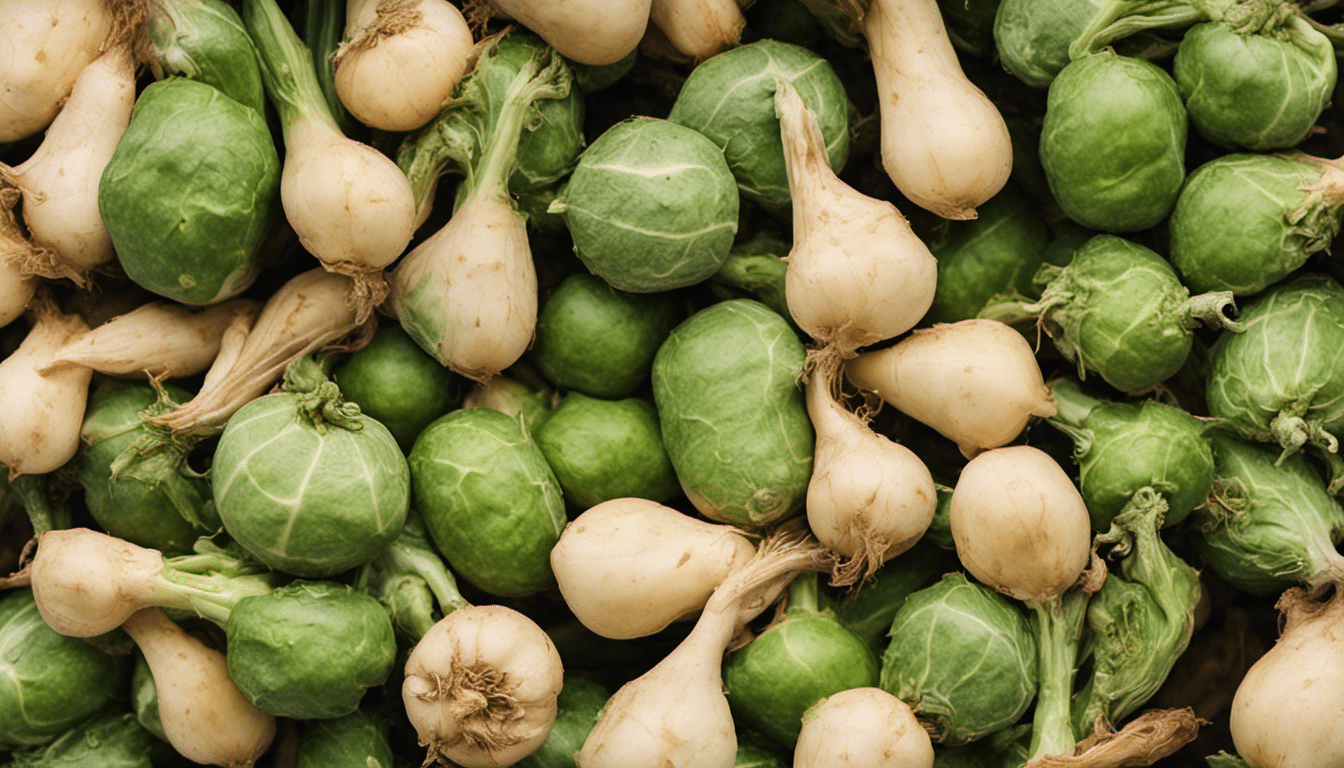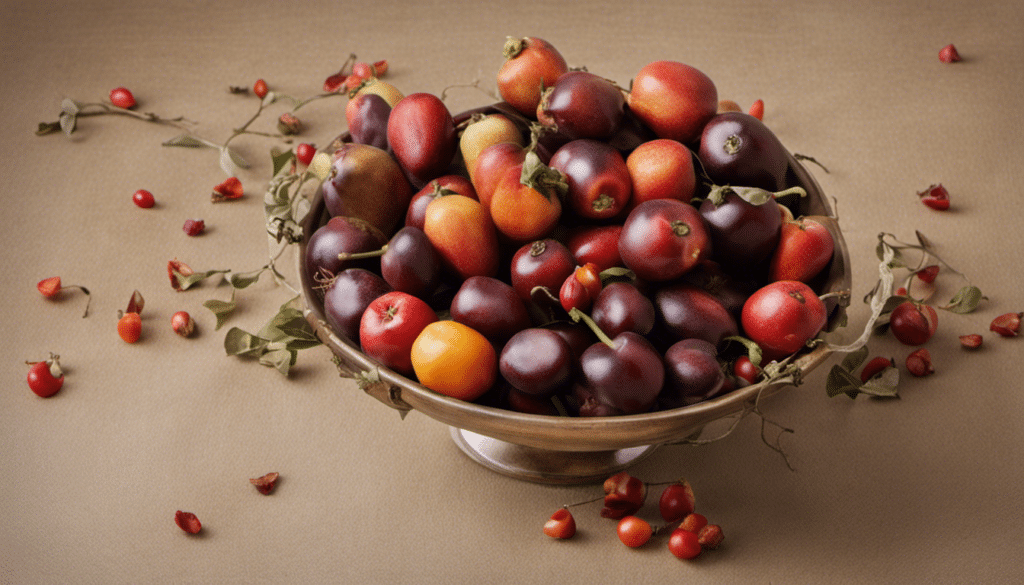All About Kapas-kapas
We often pass by a wide array of vegetables in our local groceries or farmers’ markets, completely oblivious of their nutritional values, tragic really. But today, we venture into the deep, radiant universe of an underrated, yet nutrient-rich vegetable, the Kapas-Kapas.
A Brief Context on Kapas-Kapas
Kapas-Kapas, also called Taro roots in some regions, is a starchy, expansive vegetable extensively utilized in numerous cuisines globally. This vegetable grows predominantly in Asia and Africa where it has been cooked, pounded, and savored for centuries.
Now, you might not have tried preparing Kapas-Kapas at home since its brown, coarse exterior makes it look somewhat intimidating. But don’t let its looks deceive you, for underneath that rough exterior is a tender and subtly sweet interior that could very well be the highlight of your next gourmet dish.
The Health Benefits of Kapas-Kapas
What makes Kapas-Kapas truly special is its wealth of health benefits. This might come as a surprise but Kapas-Kapas is abundant in a slew of essential vitamins, dietary fiber, and minerals. There’s even a resourceful study on its nutritional profile if you’re interested, you can find it here.
The first health benefit of consuming Kapas-Kapas is its noteworthy contribution to digestive health. Thanks to its high dietary fiber content, it aids in promoting regular bowel movements, thus preventing constipation.
Moreover, those who pay extra attention to their heart health would be pleased to know that Kapas-Kapas could be a beneficial addition to their diet. Potassium, a mineral that Kapas-Kapas is flourishing with, helps control heart rate and blood pressure. This is crucial in negating the harmful effects of sodium, thereby reducing the risk of heart disease and stroke. For more details, you can check this study.
To Summarize
Kapas-Kapas is an excellent source of fiber and potassium, serving significant benefits to your heart and digestive health. It’s a shame that such a humble vegetable is often overlooked. So, the next time you see this “tough” looking vegetable, remember the gold mine of nutrients underneath its coarse hide and consider making it a part of your healthy diet routine.
Kapas-kapas Recipe Ideas
- Kapas-kapas stir fry
- Kapas-kapas and coconut milk curry
- Kapas-kapas salad
- Grilled Kapas-kapas
- Sautéed Kapas-kapas
- Kapas-kapas soup
- Roasted Kapas-kapas with garlic and olive oil
- Kapas-kapas and chicken stir fry
- Kapas-kapas stuffed with cheese and herbs
- Kapas-kapas smoothie




